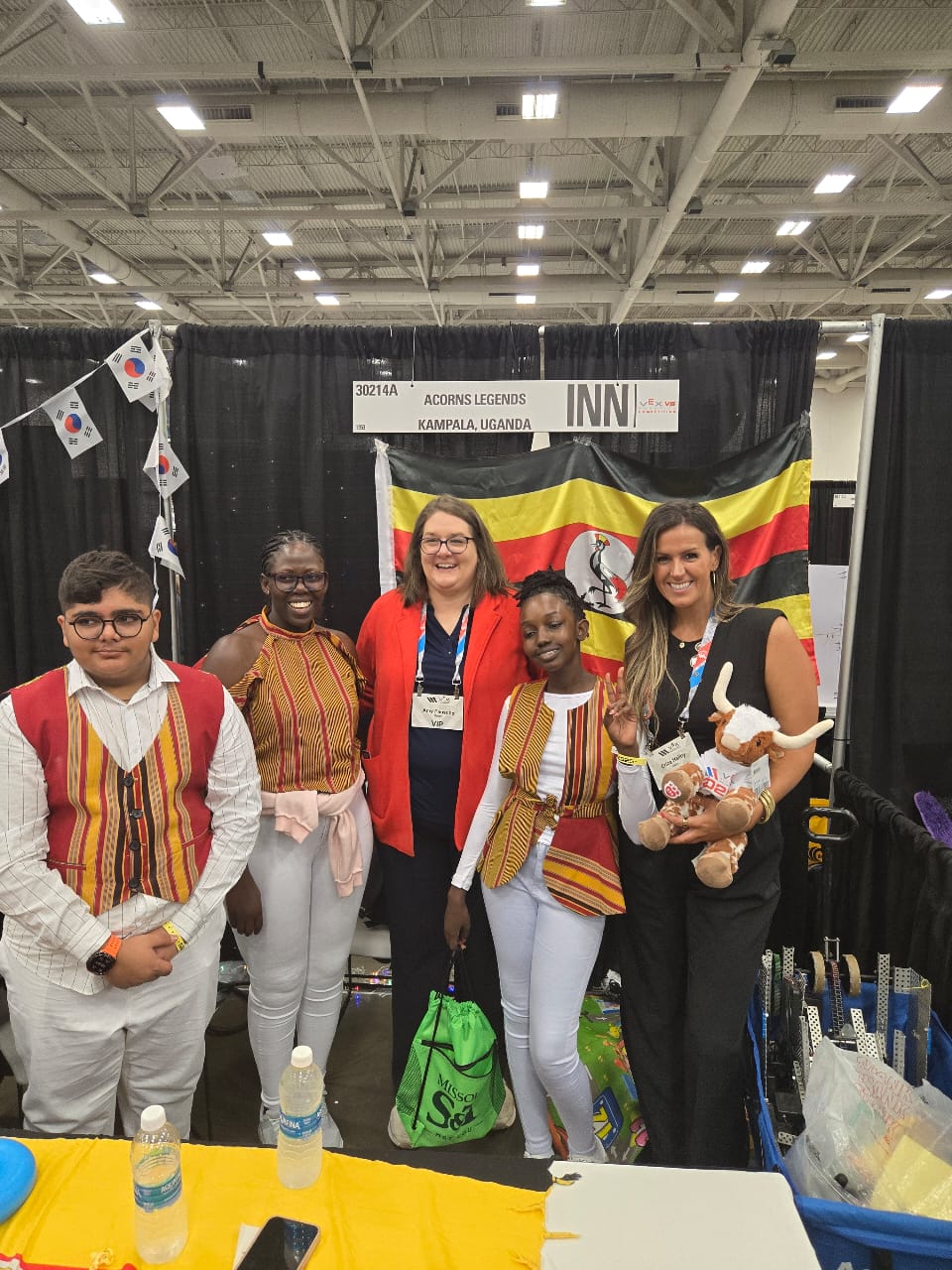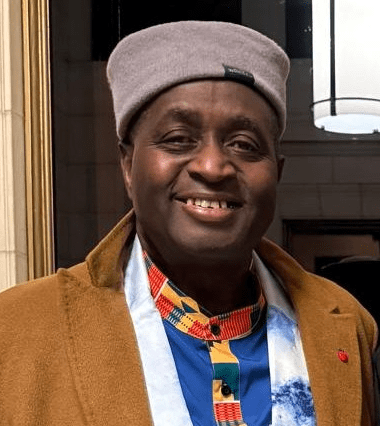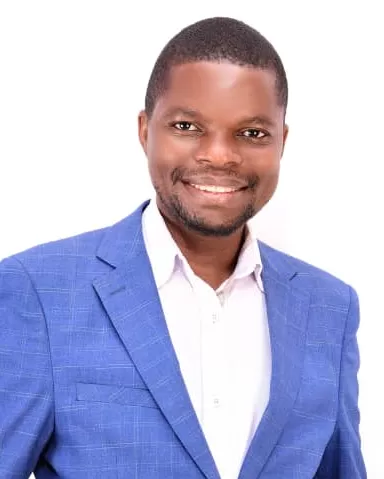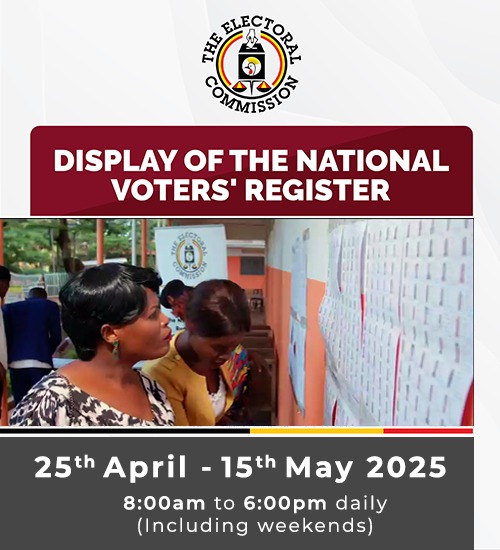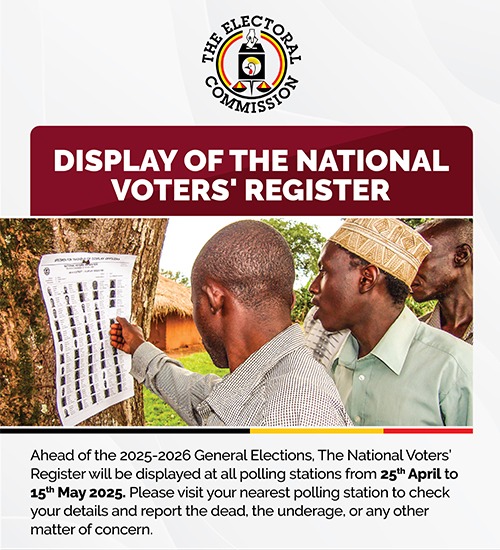KAMPALA: Ugandan- born UNAIDS Executive Director, Eng Winnie Byanyima, has been named one of the top ten people in the world who shaped science in 2021
In an article, titled: ‘Nature’s 10 ten people who helped shape science in 2021,’ and just written a few hours ago for the prestigious Nature magazine by Journalist Amy Maxmen, Byanyima has been described as a ‘Vaccine Warrior’ and a ‘UN leader who knew that vaccine equity wouldn’t happen without a fight.
Eng. Byanyima, who is also wife to Uganda opposition leader, Col Kiiza Besigye, was named amongst ten top other prominent names who were behind this year’s big research stories in science and technology.
They are:
Friederike Otto – a Weather detective and climate researcher at the Grantham Institute for Climate Change and the Environment in London.
Zhang Rongqiao – a Mars explorer and the engineer leading China’s first successful Mars mission, which reached the planet this year and landed a rover on its surface.
Timnit Gebru – an Artificial Intelligence (AI) ethics leader and a researcher who studies the ethics of AI. She lost her job at Google last December.
Tulio de Oliveira- a Variant tracker and bioinformatician in South Africa helped to identify troubling variants of the coronavirus SARS-CoV-2 (or Omicron).
John Jumper– a Protein predictor and AI researcher who released a tool that is transforming biology at DeepMind London.
Victoria Tauli-Corpuz– an Indigenous defender and former revolutionary from the Philippines who helped Indigenous peoples to gain international recognition for protecting biodiversity and the climate.
Guillaume Cabanac- a Deception sleuth and computer scientist who helped to uncover a new kind of fabricated paper. He is a computer scientist at the University of Toulouse, France.
Meaghan Kall– a COVID communicator government epidemiologist went against norms to tweet explanations of UK coronavirus data.
Janet Woodcock- a Drug chief and career administrator who led the US’s premier drug agency through a challenging year.
Back home in Uganda, Byanyima wrote on a private WhatsApp group where she broke the news a few hours ago:
“Friends, I am truly humbled, honoured and delighted to be named as one of Nature’s ten people who helped shape science in 2021. Thousands of people and organizations in the People’s Vaccine Alliance are honoured through me. Please share our joy!”
Why Winnie was named
Journalist Amy Maxmen writes that; Before vaccines for COVID-19 even existed, Winnie Byanyima knew that distributing them equitably would be a challenge.
In early 2020, she was one of the few voices warning that low- and middle-income countries could not rely on donations alone to vaccinate their people. The only way to get life-saving shots to everyone, she argued, would be by helping as many companies as possible to manufacture them and by setting up systems of distribution to get them where they’re needed. That hasn’t happened.
Companies that developed coronavirus vaccines, such as Pfizer–BioNTech and Moderna, have held on tightly to the intellectual-property (IP) rights, and wealthy countries have snapped up most doses. Several nations are now distributing booster shots, whereas only about 6% of people in low-income countries have received a single dose. Byanyima expected this disparity because of her experience with the AIDS epidemic. In the early 2000s, life-saving drugs existed but were largely unavailable in her home country of Uganda.
She finds the profit models for some drugs and vaccines infuriating.
“This idea that you can sell a life-saving health technology the way you sell a luxury handbag is not normal,” says Byanyima, who leads UNAIDS, the United Nations agency heading the effort to end AIDS around the world.
“We shouldn’t normalize it, we shouldn’t respect it and we should call it what it is: immoral, greedy and wrong.”
Byanyima co-founded the advocacy group the People’s Vaccine Alliance to change that way of thinking. Its strategy has been to enlist powerful leaders by presenting them with carefully tailored arguments that highlight how supporting vaccine equity will further their own goals.
“Governments are not saints, but they respond to people’s demands.”
This May, Byanyima and her colleagues celebrated an unexpected victory when the United States — historically a strident patent defender — threw its weight behind a proposal from South Africa and India to waive the IP protections surrounding COVID-19 vaccines in the hope of bolstering manufacturing capacity.
Byanyima disagrees, and her frank statements on this and other matters of inequity have won her many admirers.
“Some people will say inequality is bad,” says John Nkengasong, director of the Africa Centres for Disease Control and Prevention. “But when Winnie talks about it, you feel there is a fire in her that comes from within.”
Byanyima says it was this thirst for justice that caused her to leave her career in aeronautical engineering soon after the overthrow of Uganda’s former authoritarian president Idi Amin.
In 1981, she joined a guerilla movement fighting to restore democracy and human rights to Uganda. They prevailed, and by 1994, she was elected to Uganda’s parliament.
She was appointed head of UNAIDS in 2019, where she is putting equity at the centre of the programme’s work around the world.
Global-health-policy researcher Matthew Kavanagh took leave from a position at Georgetown University in Washington DC, to work for Byanyima because of the way she targets underlying inequalities that foster the spread of HIV. The same goes for COVID-19: “Winnie drove the conversation on vaccine equity, starting way before vaccines existed, and others have raced to catch up,” Kavanagh says.
Byanyima is working to ensure that the fruits of science change lives. “Without political decisions to reduce inequality,” she says, “we can’t get anywhere.”
For more on this story, please visit the link https://www.nature.com/immersive/d41586-021-03621-0/index.html



